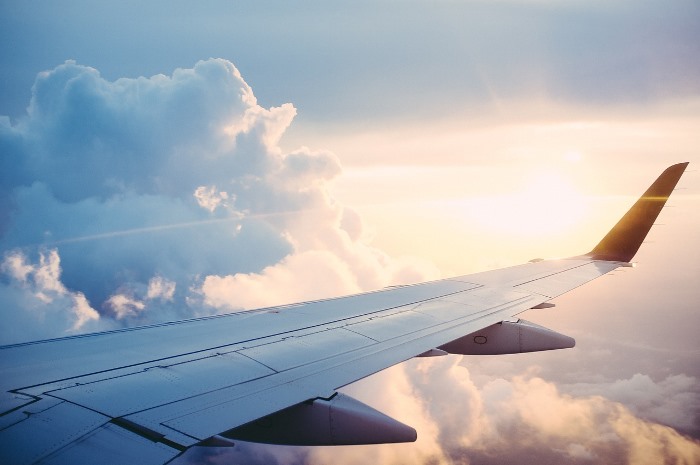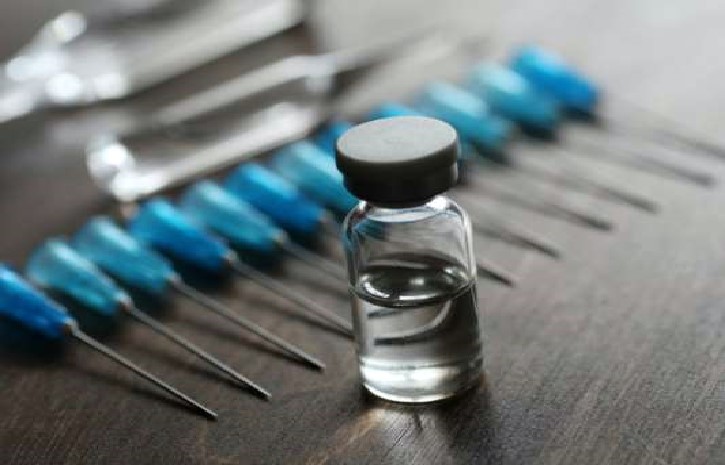It’s shocking to know that almost all commercial flight starts with a cabin crew member delivering a spiel to all passengers about in-flight safety. Yet, it’s the dangerous job for attendants themselves while considering the cancer risks.
According to a new study conducted by the Harvard University it was found that US airline cabin crew members have a greater prevalence of cancer in comparison with other Americans. It is the journal Environmental Health which published this study and revealed that rates among flight attendants were high for uterine, breast, cervical, thyroid cancer, and gastrointestinal cancer. The study unveiled that there are several factors for cancer gap, not just a single reason.
The scientists from Harvard University came to the conclusion after examining more than 5,300 US-based cabin crew members who filled out an online survey from December 2014 to June 2015. This survey was done under ‘Harvard Flight Attendant Health Study’ program. All the data driven by the survey was then compared to 2,700 other Americans with short of similar educational and income background but working in different sectors of the economy. Some of the changes are especially striking. Even though flight attendants reported about having stereotypically good health, exercise regimens and diet, the possibility that they will be stricken with some cancers was still scaled higher than any other survey respondents.
In the female flight attendants, breast cancer rate was 50% higher while compared with general population. Shockingly melanoma rates upraised over 200% and non-melanoma skin cancer rates were around 300 percent higher. While the male flight attendants were recorded with 50 percent more likely melanoma and ten percent more prone to have non-melanoma skin cancer.
However, there has been little research on the fitness risks confronted by flight attendants. Airplane flight attendants are more exposed to ultra-violet (UV) cosmic radiation than any other average person since, at higher altitudes, cosmic radiation goes through minimal atmospheric filtering. It might help illustrate several of the higher rates in skin cancers.
Another attributing factor might be jet lag, say the authors of the study, since the fluctuations in the immune system strength can alter cell metabolism and upsurge the probability of tumor growth. Some other concerns comprise the myriad substances as most of the cabin crews are exposed to them due to pesticides engine leaks, and flame retardants. All of these three concerns are suspected carcinogens.
The US flight attendants union already released a statement saying that they will use the results to promote all flights, airline manufacturers and regulators to stop exposures and improve working conditions to decrease the risk.

Jeffrey is acting editor in chief of AmazingNews24 with over seven years of experience in the field of online news under his belt. Jeffrey has worked with multiple media houses and is currently leading a team of journalists, sub-editors and writers through his entrepreneurial endeavours.



